5 Tips To A Healthy Gut
5 Tips To A Healthy Gut
Serotonin is a chemical that has a wide variety of functions in the human body. It is sometimes called the happy chemical, because it contributes to wellbeing and happiness.
The scientific name for serotonin is 5-hydroxytryptamine, or 5-HT, which is mainly found in the brain, bowels, and blood platelets.
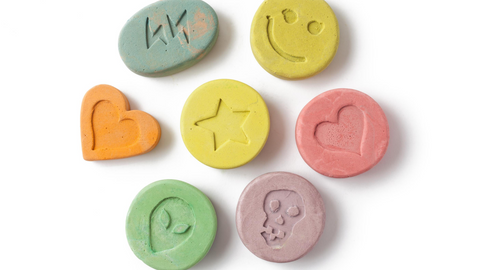
According to Caltech, it is estimated that 90% of your body’s serotonin is made in your gut. Is your mind blown? Well, welcome to the club!
Today, we’re talking about gut health and why it’s so important to maintain it.
Gut health refers to the balance of microorganisms that live in the digestive tract. Looking after the gut and maintaining the right balance of these microorganisms is vital for physical and mental health as well as immunity. - Medical News Today
So, how does gut health affect your whole body?
The bacteria found in the gut does not only help with the digestion of foods, but work all over the body and can be good for your physical and mental health. The gut microbiome which is the home base for the bacteria helps you break down food and turn nutrients into things your body can use. The ‘good bacteria’ do more than just help with digestion though; they keep the ‘bad bacteria’ in check. They multiply so often that they don’t give the unhealthy kind space to grow. Just what a body needs to stay healthy!
What can you do to keep your gut healthy? Here are 5 tips for you:
Eat fermented foods and take your probiotics!
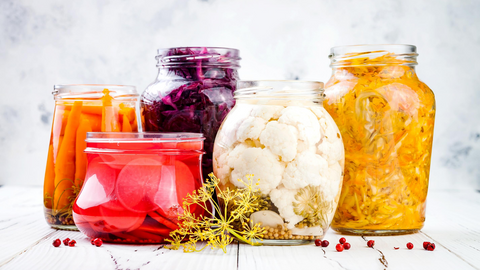
Sounds simple enough, right? The aim is to build a lot of the ‘good bacteria’ or known as probiotics. Fermented foods help your gut’s good bacteria thrive and are known to be a natural source of probiotics, like:
- Kefir
- Kimchi
- Kombucha
- Miso
- Pickles
- Sauerkraut
- Tempeh
- Raw Yogurt, Grass-Fed Cultured
Or you can also take probiotic supplements that are available in health food stores and online, like the NATUREAL Probiotic - Gut Health Supplement. Research suggests that taking probiotics can support a healthy gut microbiome and helps prevent gut inflammation and other intestinal problems.
Ever heard of prebiotic fiber?
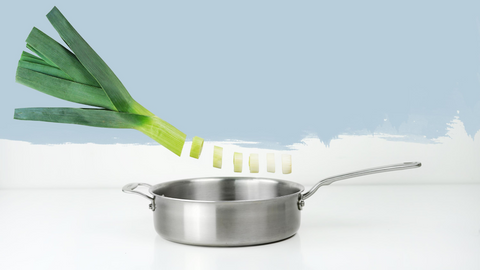
Probiotics feed on nondigestible carbohydrates called prebiotics. When this happens, the probiotics in the gut multiply. Research suggests that prebiotics help probiotics become more tolerant to certain environmental conditions, including pH and temperature changes.
If you’d like to enhance your gut health, then try incorporating the following prebiotic-rich foods in your daily diet.
- Asparagus
- Bananas
- Barley
- Berries
- Chard Greens
- Chicory Root
- Dandelion Greens
- Flax
- Garlic
- Kale Greens
- Leeks
- Legumes
- Jerusalem Artichokes
- Jicama
- Onions
- Pumpkin
- Whole Grain Foods
Next, avoid sugar at all costs!
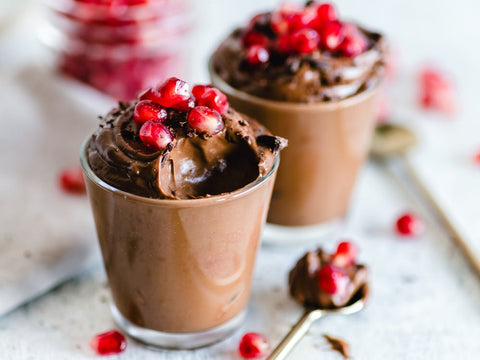
A diet high in processed foods and added sugars is an absolute a no-no if you’re looking to keep your gut healthy.
These types of foods dramatically decrease the amount of good bacteria in your guts and this imbalance can cause increased sugar cravings, which in turn can damage your gut further.
But, if you’re thinking that you could just do with artificial sweeteners then you couldn’t be more wrong! Research indicates that the use of artificial sweeteners can also negatively impact blood glucose levels due to their effects on gut flora.
This, therefore, could increase blood sugar despite not actually being a sugar. Pure evil, right? High amounts of refined sugars, particularly high-fructose corn syrup, have also been linked to increased inflammation in the body, which can be the precursor of a number of diseases and even cancers.
Skip those unnecessary antibiotics.

Although it might be necessary to take antibiotics now and again to combat bacterial infections, overuse of them becomes a major problem and can lead to antibiotic resistance.
Antibiotics can be very damaging to the gut microbiota and immunity and sometimes, the gut could still lack several species of beneficial bacteria even 6 months after their use.
According to the Centers for Disease Control and Prevention (CDC), doctors in the United States prescribe around 30% of antibiotics unnecessarily and therefore recommend you discuss alternate options with your doctor before use.
Lastly, let that stress go!

Managing stress can be tricky but it’s absolutely vital in keeping your mental and physical health in check. Stress management is one of the important aspects of gut health as studies suggest that psychological stressors can disrupt the microorganisms in the intestines, even if stress is only short-lived.
A variety of stressors can negatively affect gut health, including:
- Psychological stress
- Environmental stress, such as extreme heat, cold, or noise
- Sleep deprivation
- Disruption of the circadian rhythm
Some ways you can try to manage stress includes meditation, exercising regularly, getting ample sleep and eating a healthy, balanced diet.
In conclusion, a healthy gut contributes to better health and immune function. It takes an appropriate lifestyle and a healthy diet to alter the diversity and the number of microbes in your gut for the better.
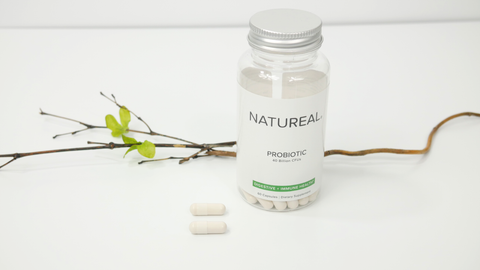
So, start taking probiotic supplements daily with a high CFU count - from 40 billion to 100 billion, eat prebiotic-rich and probiotic-rich foods, avoid unnecessary antibiotics, say ‘no’ to sugar and de-stress yourself as often as possible!
A healthy gut is a healthy you!
